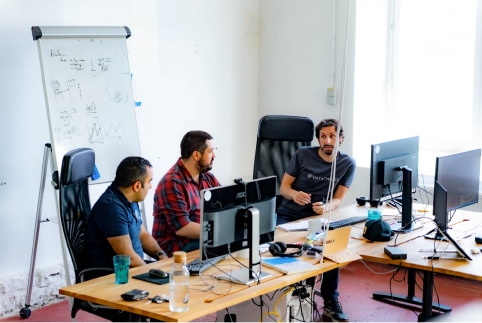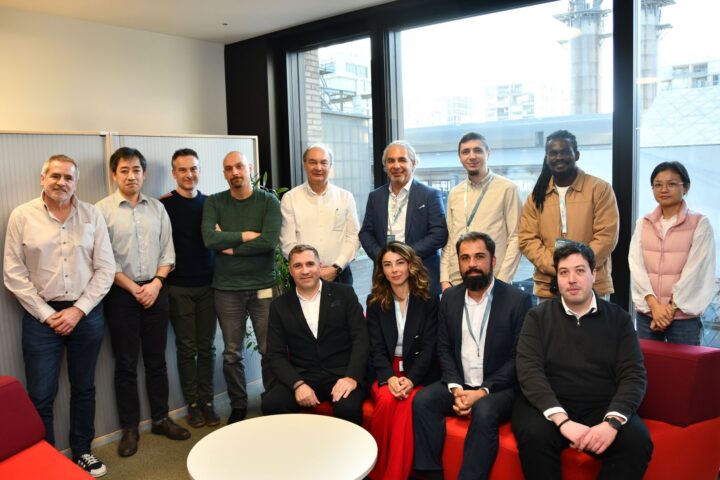“At DataThings, artificial intelligence (AI) is central to our strategy. Our commitment to developing technologies like GreyCat and Alva exemplifies this vision, says Dr. Assaad Moawad, Co-founder and Head of Machine Learning at DataThings.”
How is your firm investing in AI?
At DataThings, our commitment to artificial intelligence is fundamental to our business strategy. We are making significant investments in the development of our cutting-edge GreyCat technology (https://greycat.io/), a programmable temporal graph database designed to empower businesses with advanced data analytics and machine learning capabilities. GreyCat enables the creation of complex digital twin platforms at large scale, providing unparalleled insights and operational efficiencies.
One notable application of GreyCat is Alva (https://datathings.com/alva/), which monitors, simulates, and manages smart electricity grids to support and accelerate the energy transition. Alva is deployed nationwide in production in Luxembourg, showcasing our technology’s ability to handle complex, real-world challenges with advanced analytics, predictive models, and simulation capabilities.
How will Luxembourg be impacted by AI?
AI is set to positively impact Luxembourg across various sectors. Economically, it will drive new industries and job creation, enhance productivity, and position Luxembourg as an innovation hub. In healthcare, AI will improve diagnostics, personalized treatments, and operational efficiency. Smart city initiatives will benefit from AI through optimized urban planning, traffic management, and sustainability efforts, such as renewable energy management.
Financial services will see enhanced risk management, fraud detection, and customer service through AI applications. Public services will improve with automated tasks, better citizen engagement, and data-driven policymaking. Luxembourg can lead in AI research and development by fostering partnerships and collaborative projects. Establishing strong ethical and regulatory frameworks will ensure responsible AI use and data privacy. Overall, AI offers Luxembourg opportunities for economic growth, improved public services, and a higher quality of life.
“AI offers Luxembourg opportunities for economic growth, improved public services, and a higher quality of life.“
What risks and opportunities do you identify?
On the opportunity side, AI can significantly enhance productivity by automating routine tasks, thereby allowing human workers to focus on more complex and creative endeavors. This shift can lead to increased efficiency and innovation across industries such as healthcare, finance, and manufacturing. For instance, AI algorithms can analyze vast datasets to identify patterns, enabling better decision-making, predictive maintenance, and personalized customer experiences.
In healthcare, AI can assist in diagnosing diseases early, tailoring treatments to individual patients, and streamlining administrative processes, thus improving patient outcomes and operational efficiency. Furthermore, AI can drive advancements in green technologies by optimizing energy consumption and resource management, aiding in climate change mitigation efforts.
On the risk side, one of the primary concerns is job displacement, as automation can lead to the redundancy of certain job roles, exacerbating unemployment and economic inequality. Additionally, AI systems can perpetuate biases present in training data, leading to discriminatory practices in sectors such as hiring, law enforcement, and lending. Privacy concerns are another critical issue, as AI technologies often rely on vast amounts of personal data, raising questions about security and consent. The potential for misuse of AI, such as in surveillance, deepfakes, or autonomous weapons, highlights the ethical challenges that society faces. Moreover, there is growing apprehension about the lack of transparency in AI decision-making processes, which can undermine accountability and trust among users and stakeholders. Ethical issues and regulatory compliance are crucial to ensure responsible AI use, requiring robust governance frameworks to address these challenges effectively.



















